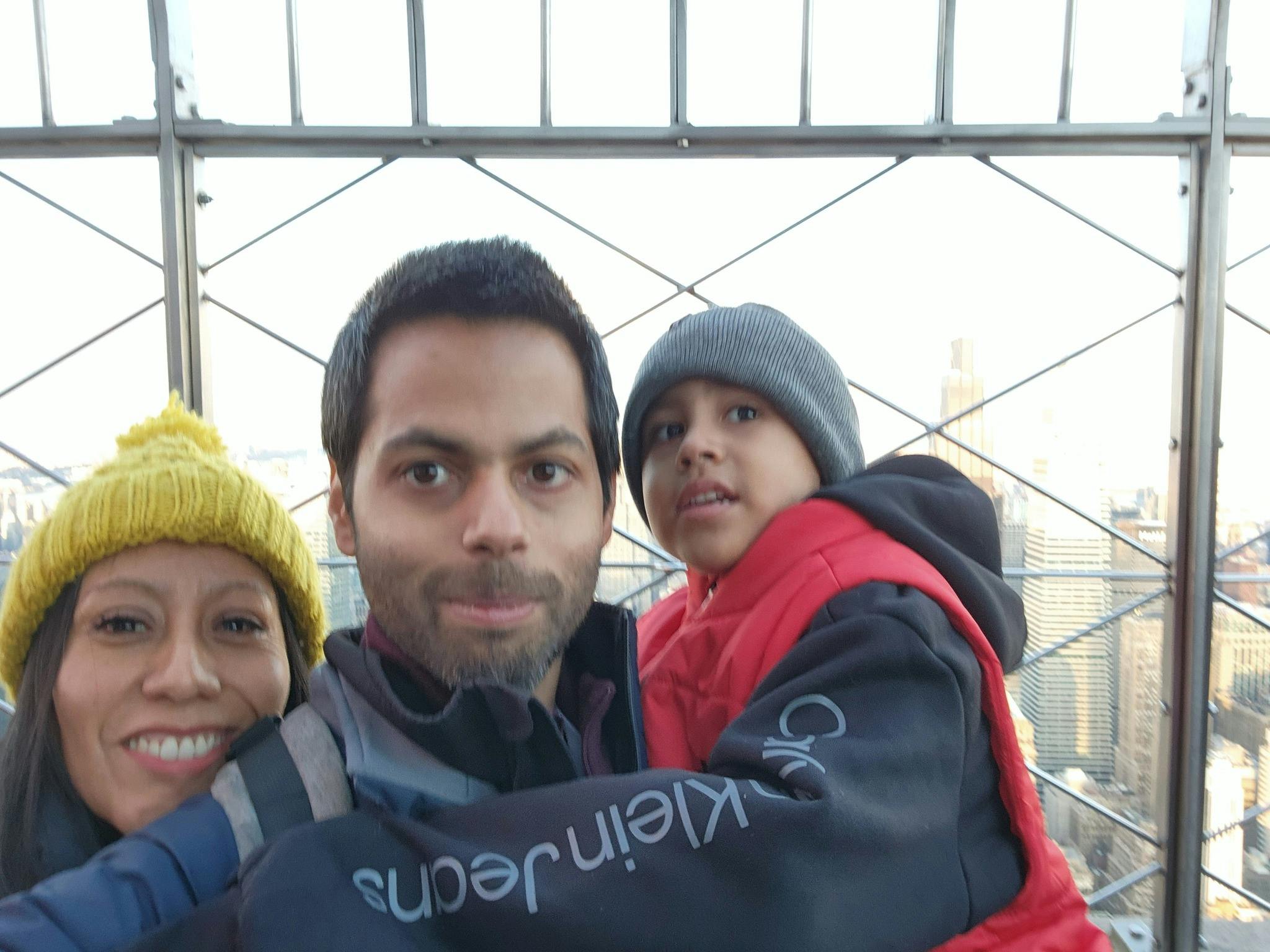If you’re building an early-stage startup and trying to raise venture capital dollars to fuel your big ideas — focus on solving a specific problem, make sure you have strong conviction, and think hard about distribution in the age of AI.
Those were some tips shared during a recent Seattle AI Week panel discussion I moderated with Kellan Carter, founding general partner at Bellevue, Wash.-based firm Fuse, and Rohan D’Souza, CEO and co-founder at Seattle-based healthcare benefits startup Avante.
The pair know each other well. Fuse led Avante’s $10 million seed round in late 2023, before the company had generated any revenue.
Carter initially met D’Souza several years earlier. “There’s so much trust that had been built,” Carter said, reflecting the importance of relationship-building between founders and VCs.
The title of the panel discussion, hosted by Seattle VC firm Ascend, was “The New Series A Landscape” — a nod to the shifting expectations in the AI boom.

The median Series A round in Q1 of this year was $7.9 million, according to Carta. But there were also nine companies that raised more than $200 million for their Series A rounds in Q3, according to CB Insights.
“The variance for Series A is wider than ever,” Carter said.
For those companies raising massive Series A rounds, Carter said it’s about “unfair insight” that creates conviction and opens doors to capital.
“The insight is so clear it’s getting investors excited to cut that big of a check — because the prize is so big right now,” Carter said.
Venture funding has increased to a 3-year high, largely thanks to AI, which accounted for 51% of all funding and 22% of deals in Q3, CB Insights reported.
Carter joked that AI is “always in the pitch now — even if it’s not AI.” For Fuse, assessing a pitch is about determining the best way to solve a customer’s problem — with or without AI.
Carter said investors lean toward founders who have domain knowledge and understand a first- or second-priority customer problem better than anyone else. “They have insight that’s going to give them credibility in a customer conversation,” he said.
And in a world where AI is shifting how software is sold, Carter said he’s looking for a clear distribution advantage. “Product won’t win,” he said. “Distribution will win.”
He added: “We love founders that have the domain experience, that have the insight, and they can get us super excited about a distribution strategy that’s a little more clever or unique in an AI world.”
When it comes to talking about AI during a pitch, the conversation will differ depending on whether you’re talking to a customer or investor, according to D’Souza.
He said customers may have “FOMO” when it comes to AI — fear of missing out — but they probably actually have “FOMU”: fear of messing up. D’Souza said it’s the founder’s job to help customers understand that it’s about “unlocking a whole new way of productivity.”
For investors, D’Souza said it’s important to show how AI improves margins — for example, by speeding up customer acquisition and onboarding.

Avante officially launched earlier this year as it scales its software product that aims to help companies decrease HR administration workload and reduce overall benefits program costs.
As he thinks about raising a Series A round of funding, D’Souza said one advantage of bringing in fresh cash is that it acts as a signal to enterprise buyers — some who may be wary of an early stage, 20-person startup tucked away in the Pacific Northwest.
“There’s a little bit of that perception of, what will happen if these guys go away?” he said. “So as a founder, I’m like, OK, should we really aggressively start to pursue more money on the balance sheet? To send a clear message out that, we’ve got a lot more gas in the tank, even though we didn’t necessarily need it.”
As for competitors, D’Souza said founders should focus less on similar startups and more on incumbents. “What are they doing to unlock a feature set? And how do you get there much faster?” he said.
Carter noted that Fuse stays clear of companies that might directly compete with the likes of Microsoft, Amazon, OpenAI, or Anthropic.
“If we think that there is an inkling that they’re going to release a product and the next thing you know, everyone is competing against free or bundling — that’s a problem,” he said.
D’Souza, a former product chief at healthcare automation company Olive AI, stressed the importance of transparency with investors.
“Be very clear about your timelines,” he said. “If you need three months or six months to really build out the core of your product, be extremely transparent about it.”
D’Souza said Avante deliberately planned no recurring revenue for 2024, ran an early adopter program that wasn’t free, then came out of stealth in April 2025 and converted pilots into multi-year deals. “We created a little bit of scarcity and FOMO around this concept of an early adopter program,” he said.
D’Souza also advised his fellow founders to “focus on the one core thing that you do 100X better.”











